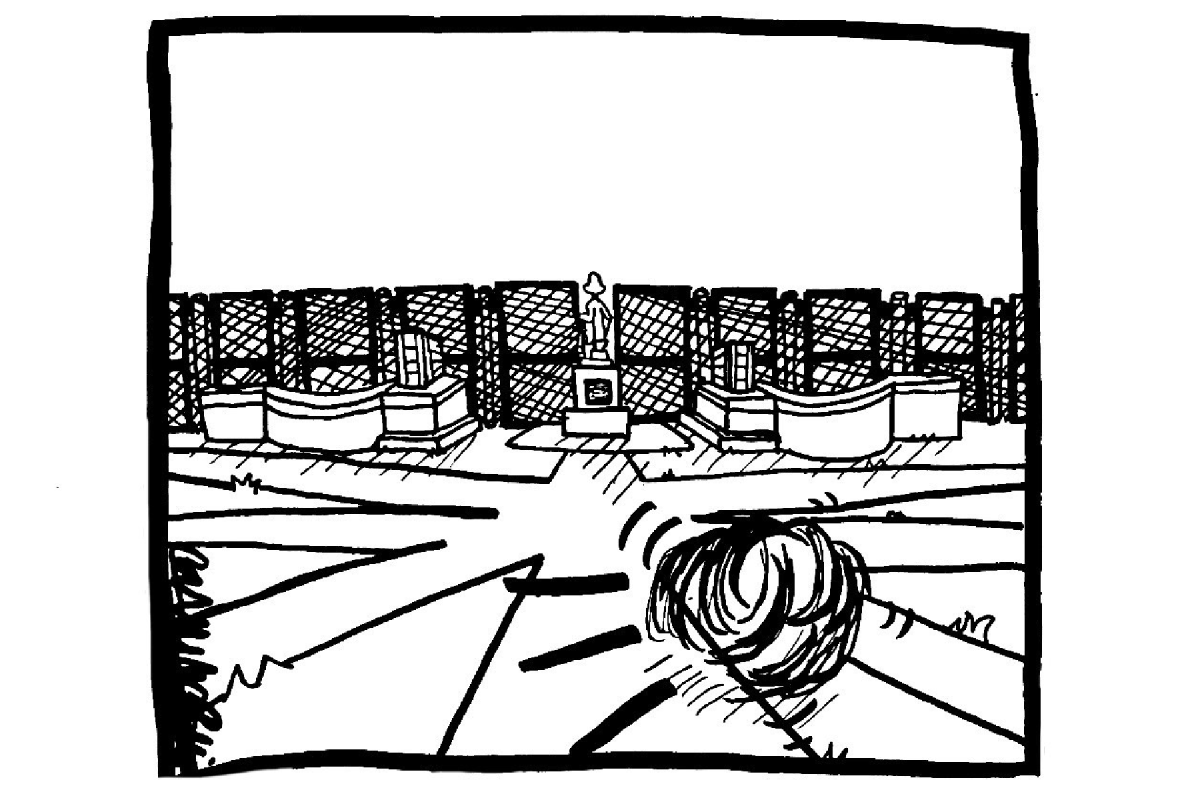GW presented plans to the Zoning Commission for the construction of two new residential buildings along 23rd Street. One is a row of townhouses to be built on what is now the Smith Center parking lot. The other is a 700-bed residence hall planned for the empty lot across from the Smith Center and the Health and Wellness Center. But Foggy Bottom residents voiced objections to the planned residence hall’s size and instead want a building that would house half as many students.
This position is ridiculous. Foggy Bottom residents complained bitterly about the lack of housing space on GW’s campus during the campus plan fight and insisted the University house 70 percent of undergraduates in University housing. But GW cannot meet the demand if residents oppose the construction of a residence hall large enough to make a difference in the housing numbers game.
GW has a lot of students, and about half of them already live in University housing. Efforts at increasing this number can only succeed through acquiring more beds either through property purchases or new construction. But neighborhood residents also do not want GW to buy more buildings, especially apartment buildings, because it displaces longtime residents. If GW is not allowed to build this new residence hall, the University will not be able to house more students without more buildings.
Foggy Bottom residents say they do not have a problem with students, but they repeatedly object to living with or near them. And any attempt at building a residence hall in recent years has been opposed. The most recent fight was over the new Elliott School of International Affairs building on E Street. The issue there was a loss of retail space, and GW was forced to agree to include space for shops to get the building approved. Residents also oppose upperclassmen renting their own apartments and instead insist upon GW housing them, which brings us to the problem at hand: how to house GW’s already too big student population.
But the University will never be able to solve its housing woes if residents attempt to hijack residence hall construction that would alleviate what everyone agrees is an urgent problem.




